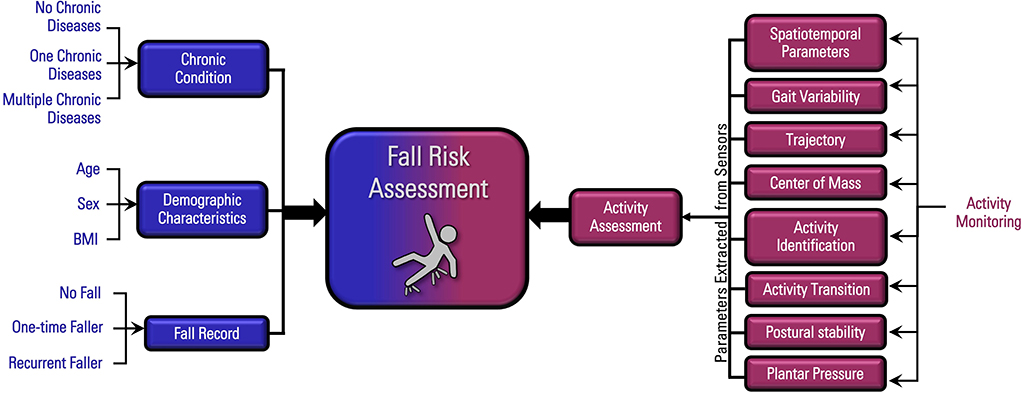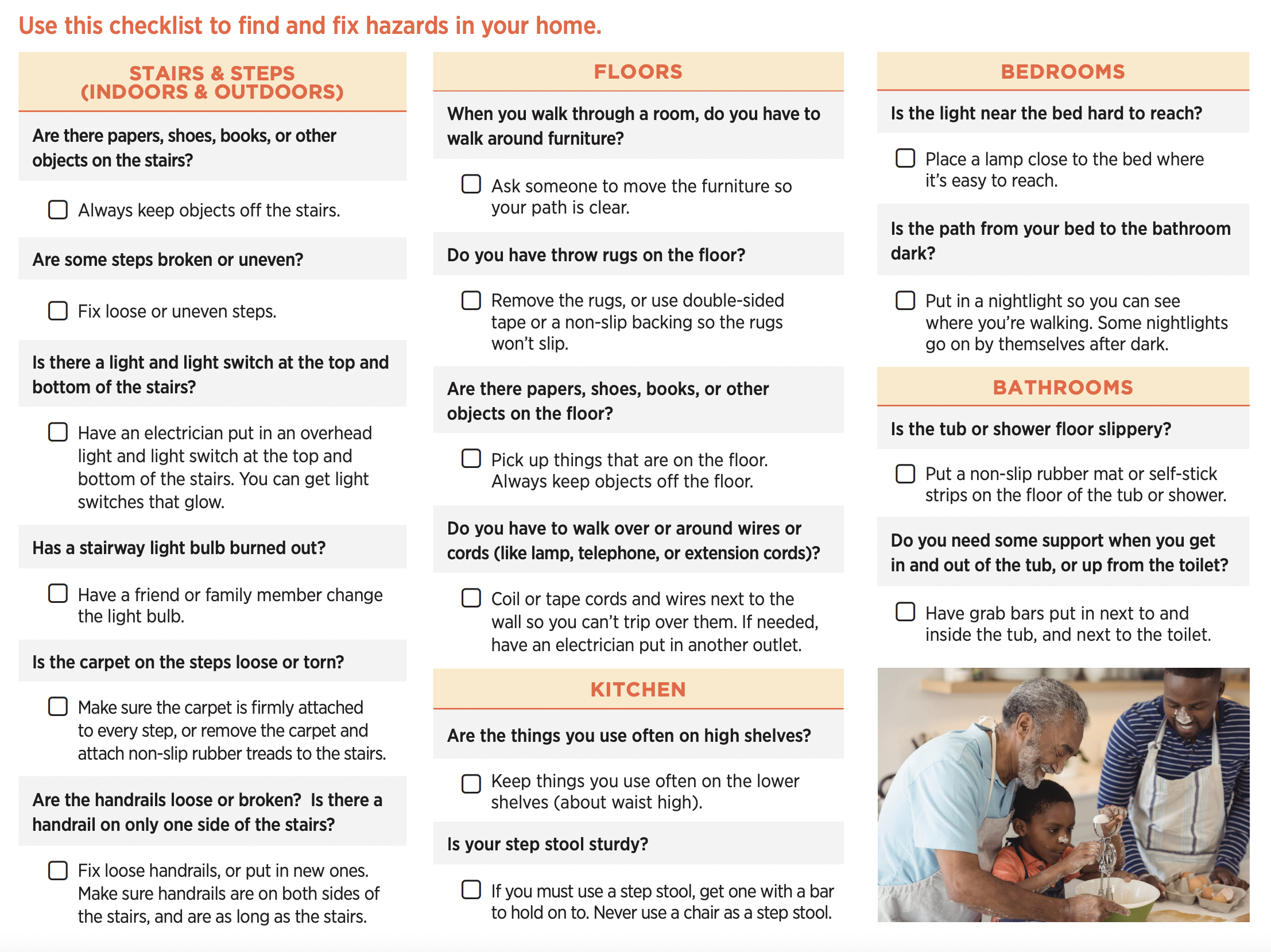Fascination About Dementia Fall Risk
Fascination About Dementia Fall Risk
Blog Article
The Single Strategy To Use For Dementia Fall Risk
Table of ContentsWhat Does Dementia Fall Risk Do?Dementia Fall Risk - An OverviewThe 25-Second Trick For Dementia Fall RiskThe smart Trick of Dementia Fall Risk That Nobody is Talking AboutThe 8-Minute Rule for Dementia Fall Risk
Make certain that there is a designated area in your medical charting system where staff can document/reference scores and record appropriate notes associated to fall avoidance. The Johns Hopkins Autumn Threat Assessment Tool is one of numerous devices your team can use to assist protect against adverse medical events.Individual drops in healthcare facilities prevail and incapacitating unfavorable events that persist regardless of years of effort to reduce them. Improving communication throughout the assessing registered nurse, treatment team, client, and patient's most entailed loved ones might enhance fall prevention initiatives. A team at Brigham and Women's Health center in Boston, Massachusetts, looked for to develop a standard loss avoidance program that centered around boosted interaction and client and family members involvement.

The innovation group highlighted that successful execution depends upon client and staff buy-in, assimilation of the program into existing workflows, and integrity to program processes. The group noted that they are grappling with just how to make sure continuity in program execution during durations of dilemma. During the COVID-19 pandemic, for instance, a boost in inpatient drops was related to limitations in individual engagement in addition to limitations on visitation.
Getting My Dementia Fall Risk To Work
These occurrences are generally taken into consideration avoidable. To execute the treatment, companies need the following: Access to Autumn pointers resources Fall ideas training and re-training for nursing and non-nursing staff, including new registered nurses Nursing operations that allow for client and household involvement to perform the falls evaluation, make sure usage of the avoidance plan, and conduct patient-level audits.
The results can be extremely damaging, usually accelerating patient decline and triggering longer health center stays. One study estimated stays increased an additional 12 in-patient days after a client autumn. The Autumn TIPS Program is based on engaging clients and their family/loved ones across three main procedures: evaluation, individualized preventative treatments, and bookkeeping to make certain that people are participated in the three-step loss avoidance procedure.
The individual evaluation is based on the Morse Fall Scale, which is a confirmed loss threat evaluation tool for in-patient medical facility settings. The scale consists of the 6 most typical reasons patients in health centers drop: the individual autumn history, high-risk problems (consisting of polypharmacy), use IVs and various other exterior gadgets, mental standing, stride, and wheelchair.
Each risk factor relate to several actionable evidence-based treatments. The registered nurse creates a strategy that integrates Go Here the interventions and shows up to the treatment group, client, and family on a laminated poster or published visual help. Registered nurses develop the strategy while meeting the patient and the person's household.
The Best Guide To Dementia Fall Risk
The poster works as a communication device with various other members of the client's treatment group. Dementia Fall Risk. The audit component of the program includes examining the person's knowledge of their risk aspects and avoidance strategy at the device and hospital levels. Registered nurse champions perform a minimum of five private interviews a month with individuals and their family members to examine for understanding of the fall prevention plan

An approximated 30% of these drops result in injuries, which can range in severity. Unlike other damaging occasions that need a standardized professional reaction, fall prevention depends very on the requirements of the individual.
Examine This Report about Dementia Fall Risk

Based on bookkeeping results, one site had 86% conformity and two websites had more than 95% compliance. A cost-benefit evaluation of the Autumn TIPS program in 8 medical facilities estimated that the program price $0.88 per client to carry out and caused financial savings of $8,500 per 1000 patient-days in direct prices connected to the prevention of 567 drops over three years and 8 months.
According to the development group, organizations curious about carrying out the program should carry out a readiness evaluation and falls avoidance voids analysis. 8 In addition, organizations need to guarantee the essential infrastructure and operations for implementation and establish an implementation strategy. If one exists, the organization's Autumn Prevention Job Force ought to be entailed in planning.
A Biased View of Dementia Fall Risk
To begin, organizations ought to make certain conclusion of training components by registered nurses and nursing assistants - Dementia Fall Risk. Medical facility personnel must analyze, based upon the demands of a medical facility, whether to utilize an electronic health and wellness document printout or paper version of the fall prevention plan. Executing teams ought to recruit and train nurse champions and develop procedures for bookkeeping and coverage on autumn information
Personnel need to be associated with the process of redesigning the workflow to engage people and family members in the analysis and avoidance strategy process. Systems should remain in area to ensure that units can recognize why an autumn took place and remediate the reason. Extra especially, registered nurses should have networks to give recurring feedback to both personnel and system leadership so they can adjust and enhance fall published here avoidance workflows and communicate systemic issues.
Report this page